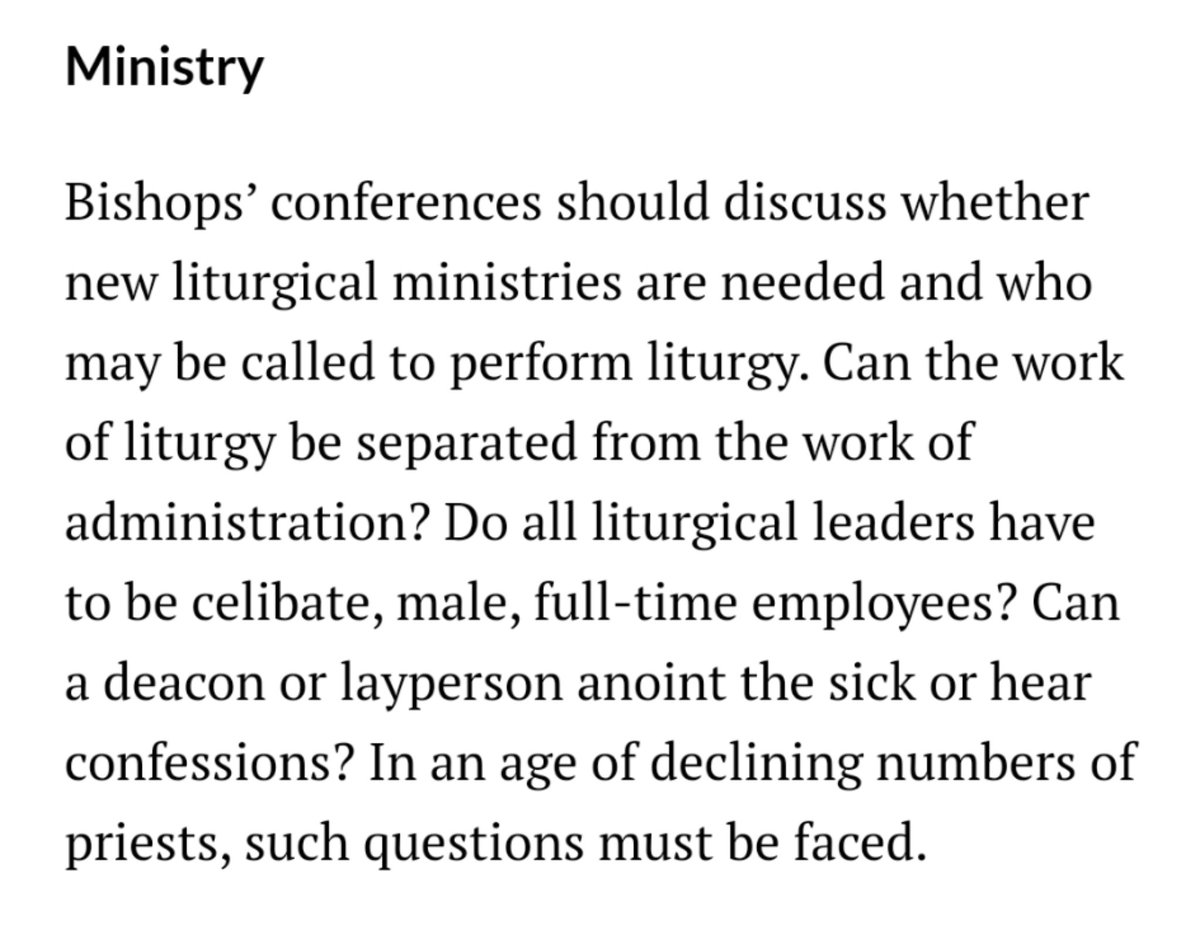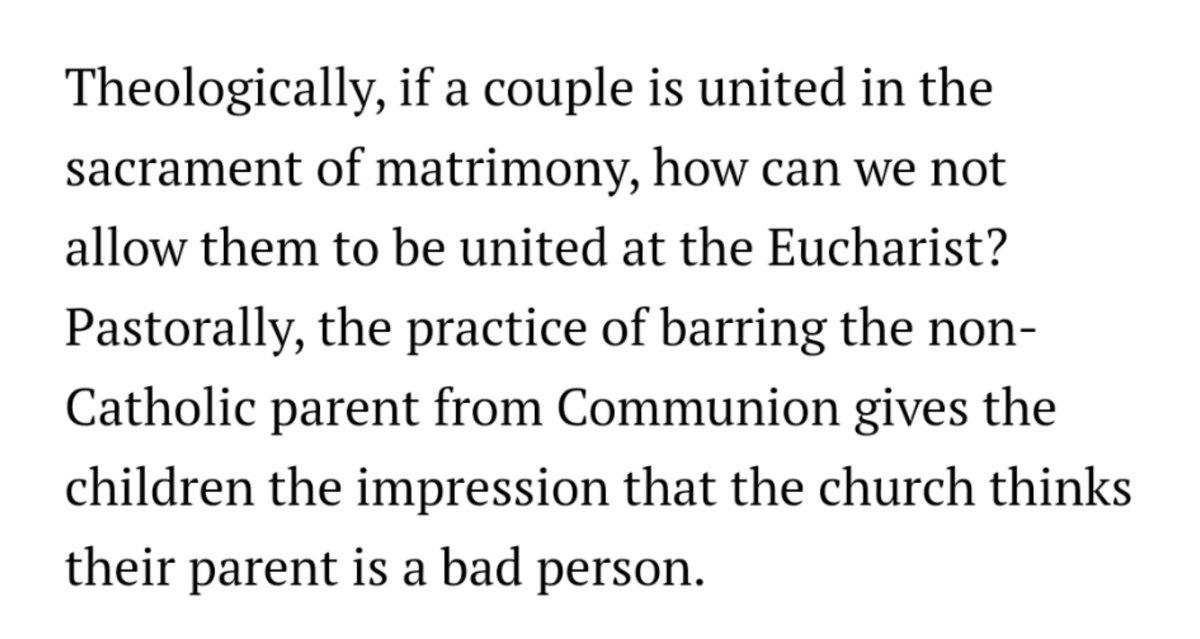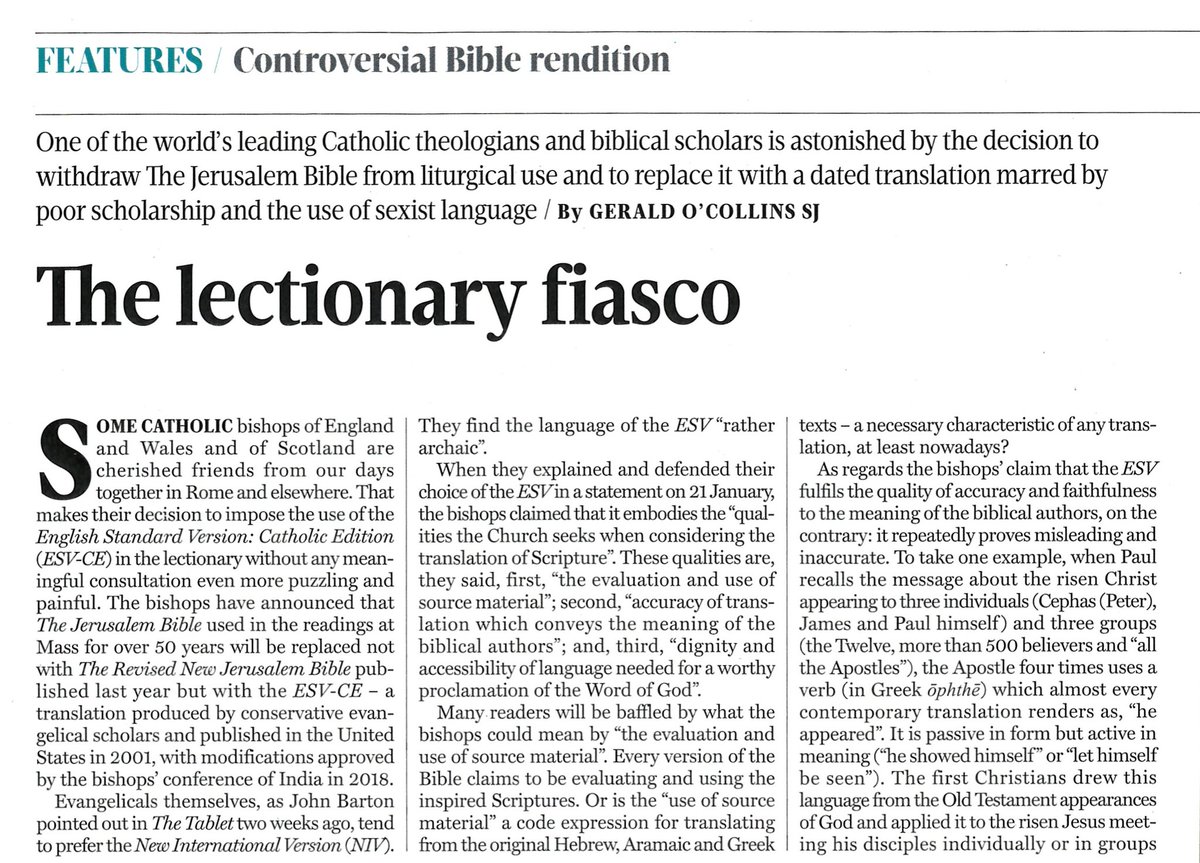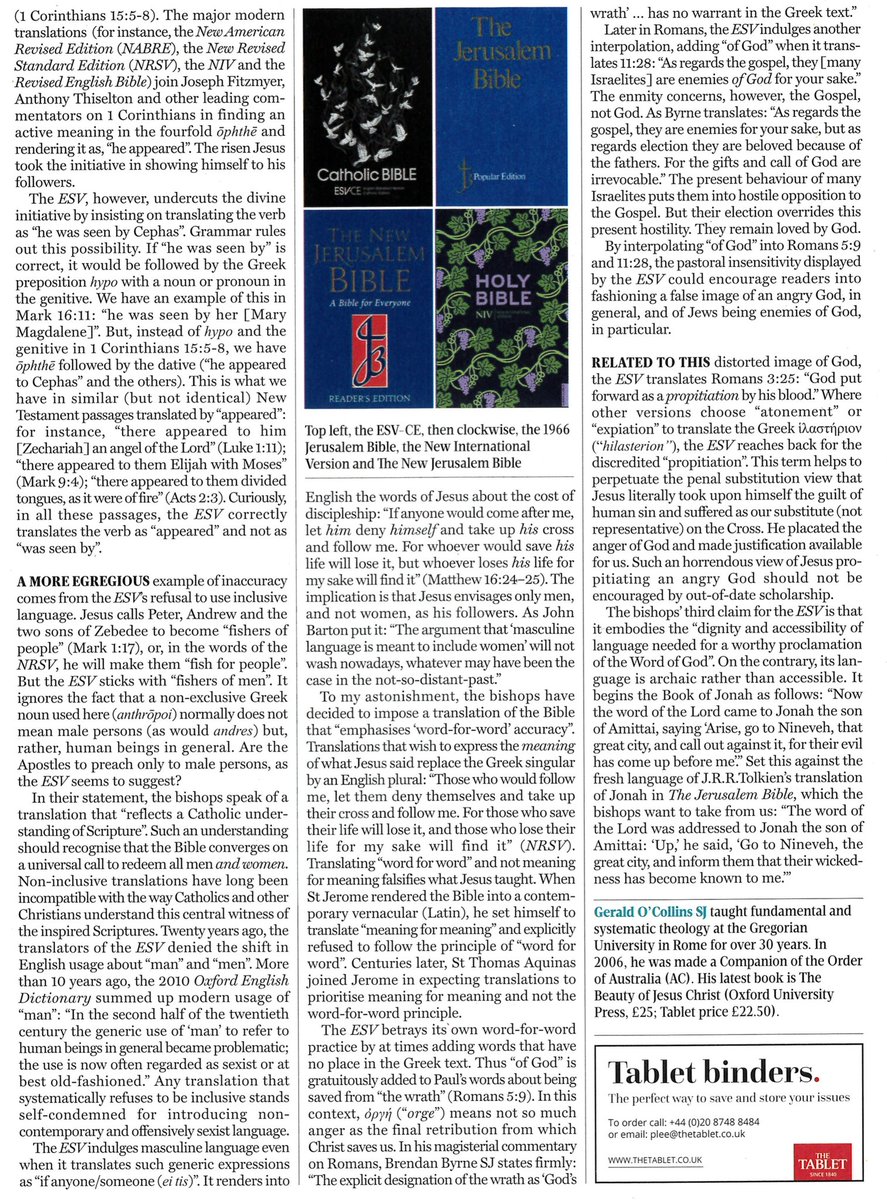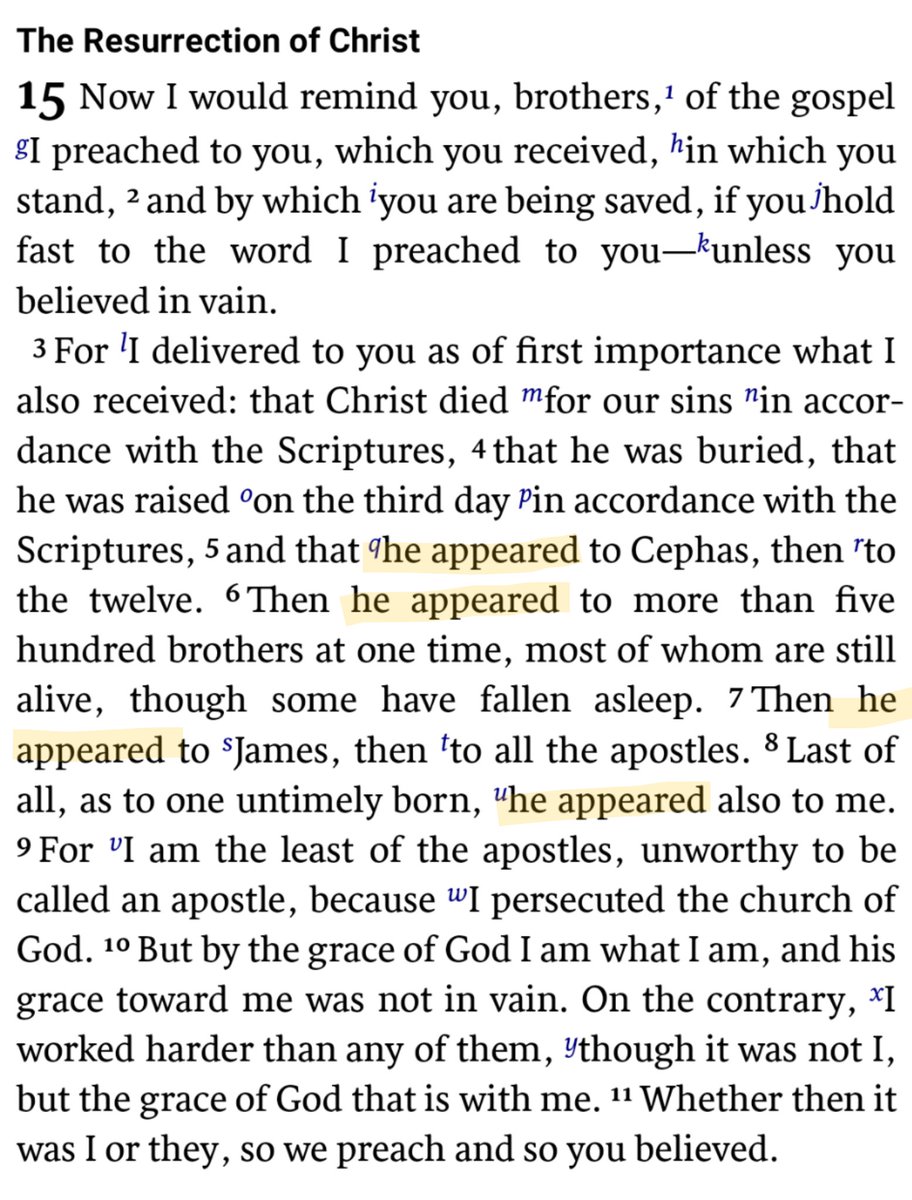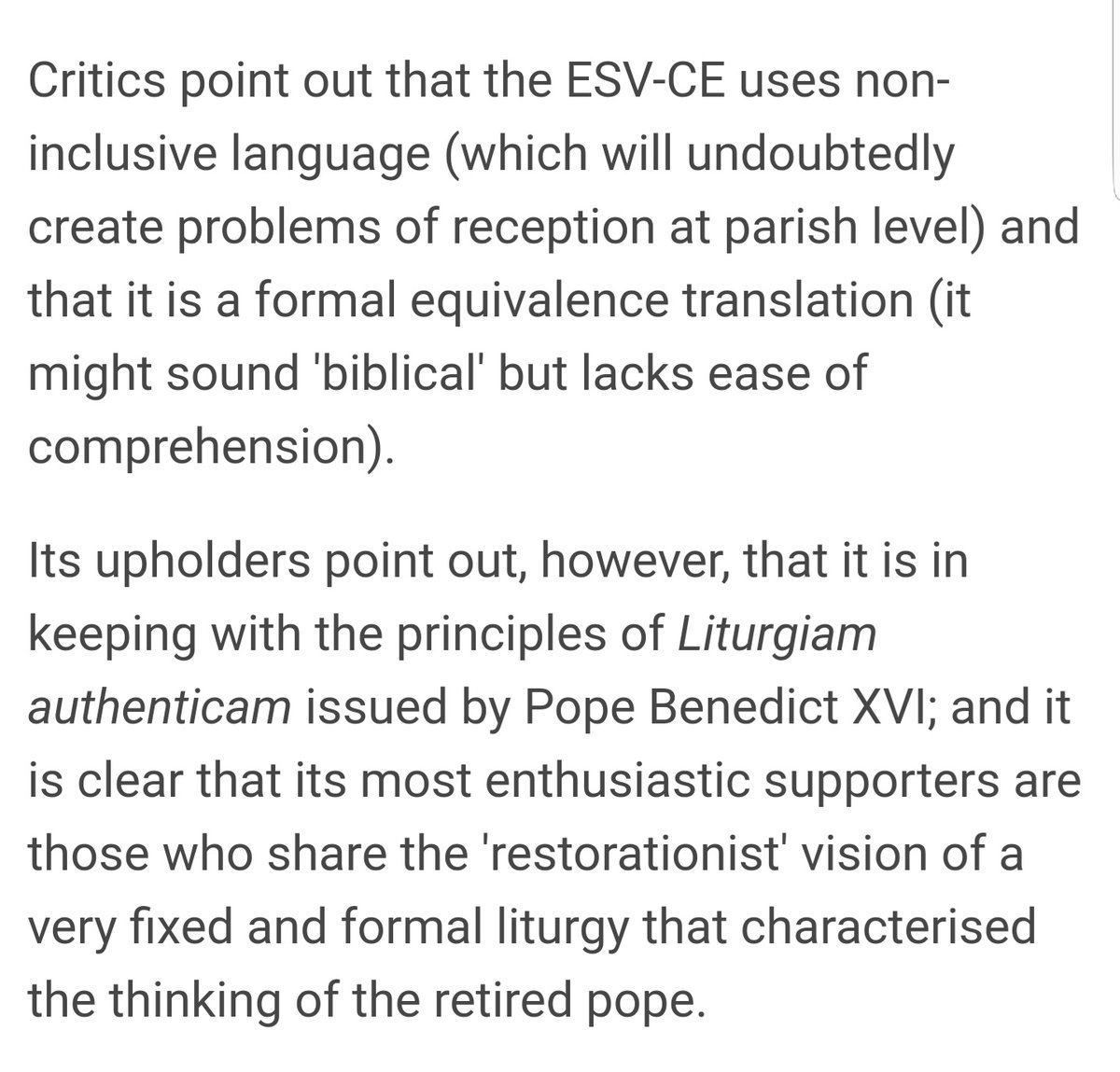
(1/14) Tomorrow's collect in the Ordinary Form, for Friday in Week 2 of Easter, is a good demonstration of my misgivings with the post-Vatican II liturgical reforms.
(Incidentally, this particular example is not something that can be laid entirely at the Consilium's door!)
(Incidentally, this particular example is not something that can be laid entirely at the Consilium's door!)
(2/14) The collect, as found in the 2002 Missale, is as follows:
Deus, spes et lumen sincerorum mentium, da cordibus nostris, te supplices deprecamur, et dignam tibi orationem persolvere, et te semper praeconiorum munere collaudare.
Deus, spes et lumen sincerorum mentium, da cordibus nostris, te supplices deprecamur, et dignam tibi orationem persolvere, et te semper praeconiorum munere collaudare.
(3/14) This collect does not occur in the 1970 or 1975 editions of the post-Vatican II Missal. It is part of a number of additions and small changes that were made to the prayers of Eastertide in its 3rd edition (2002).
(4/14) However, we can turn to that ever-useful tool, the Corpus orationum, no. 2185, to see the sources of this prayer (see pic).
On the basis of this information, we can observe a number of things.
On the basis of this information, we can observe a number of things.
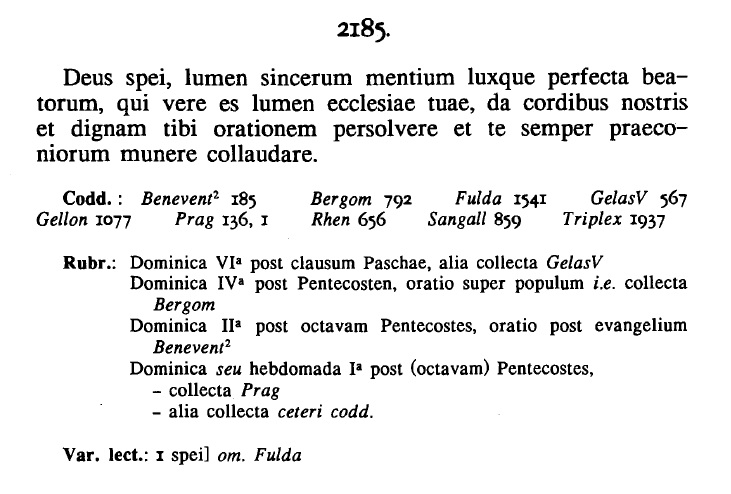
(5/14) 1. This is not a well-attested prayer, occurring in only 9 manuscripts. A number of these are comparatively early (8th-9th centuries), but the latest witness is from the 11th century, and the prayer drops out of the tradition entirely after this point.
(6/14) 2. Changes have been made to this prayer for its inclusion in the 2002 Missal.
Some of them are small: e.g. «Deus spei, lumen sincerum mentium» is changed to «Deus, spes et lumen sincerorum mentium».
Some of them are small: e.g. «Deus spei, lumen sincerum mentium» is changed to «Deus, spes et lumen sincerorum mentium».
(7/14) Other changes are more substantial: e.g. «luxque perfecta beatorum, qui vere es lumen ecclesiae tuae» is deleted entirely.
But regardless of their magnitude, *none* of these changes are witnessed in the tradition of this prayer: they are all unique to the 2002 Missal.
But regardless of their magnitude, *none* of these changes are witnessed in the tradition of this prayer: they are all unique to the 2002 Missal.
(8/14) 3. This prayer was almost always used as a collect, but it is only attested in Eastertide in one manuscript: the Gelesianum Vetus. In all the others, it is a post-Pentecost oration.
(9/14) So, in summary, we have here a prayer that:
* was never in wide use;
* was not in use for 800-900 years before its insertion in the 2002 Missal;
* has been edited in unique and novel ways;
* is placed in a liturgical season it has only ever been used in once before.
* was never in wide use;
* was not in use for 800-900 years before its insertion in the 2002 Missal;
* has been edited in unique and novel ways;
* is placed in a liturgical season it has only ever been used in once before.
(10/14) I am not at all averse to the idea that, e.g., the corpus of Eastertide prayers in the 1962 Missal could be added to and extended. I think this is a good idea.
However, it is the manner in which this was done by the Consilium and the CDWDS that concerns me.
However, it is the manner in which this was done by the Consilium and the CDWDS that concerns me.
(11/14) This is because the approach taken to the use and handling of source texts in the post-Vatican II Missal is rather cavalier. Often, it seems these prayers are treated as mere lumps of plasticine, able to be manipulated at will into sometimes very different shapes.
(12/14) The correction of prayer texts in line with their sources is also, in principle, not an issue.
But when already-existing prayers in use for centuries are (subjectively) edited in new ways, presumably for the benefit of "modern man", this can be highly problematic.
But when already-existing prayers in use for centuries are (subjectively) edited in new ways, presumably for the benefit of "modern man", this can be highly problematic.
(13/14) Likewise, the recovery of old or early prayers that for whatever reason stopped being used could be a good idea.
But this needs to be done with respect and sensitivity to the tradition of a given prayer's text and use. At least for tomorrow's collect, this is hard to see.
But this needs to be done with respect and sensitivity to the tradition of a given prayer's text and use. At least for tomorrow's collect, this is hard to see.
(14/14) In conclusion, in large parts of the post-Vatican II Missal the necessary respect for the sources seems to be sorely lacking.
IMO, this mistaken notion of "ressourcement" on display in the reform of the orations of the Missal (and elsewhere) urgently needs correction!
IMO, this mistaken notion of "ressourcement" on display in the reform of the orations of the Missal (and elsewhere) urgently needs correction!
• • •
Missing some Tweet in this thread? You can try to
force a refresh

